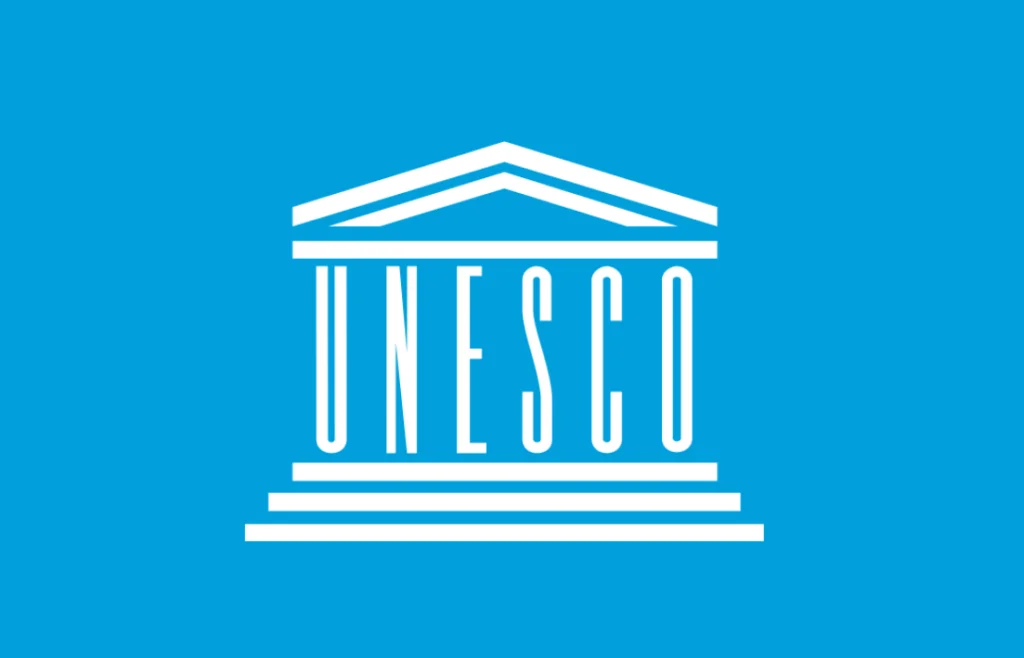The United Nations’ UNESCO and the Dutch government have partnered to launch a framework for the ethical supervision of artificial intelligence (AI) in the European Union.

The Dutch Authority for Digital Infrastructure and the United Nations Educational, Scientific, and Cultural Organization (UNESCO) formally launched the “Supervising AI by Competent Authorities” project on October 5, through which they will collect data on how European countries supervise AI.
The initiative receives funding through the Technical Support Instrument (TSI) of the European Commission, and the information gathered will result in a list of “best practice”-style recommendations.
UNESCO’s assistant director-general for social and human sciences, Gabriela Ramos, stated that this discussion is not technological but societal.
“We are talking about the kind of world we want to live in. To shape the technological development of AI, we need effective governance frameworks underpinned by the ethical and moral values we all hold dear.”
In addition to best practices, the information collected will aid in developing future training sessions to enhance “institutional capacity” regarding the topic.
In November 2021, UNESCO significantly created ethical guidelines for AI, which all member states adopted.
UNESCO’s actions follow the passage of the EU’s Artificial Intelligence Act in June 2022. The AI Act is a comprehensive series of EU regulations for developing artificial intelligence.
The European Commission proposed the measure in April, and after the European Parliament overwhelmingly approved it, member states will negotiate with the European Parliament to iron out the details.
Since the bill’s passage through the legislature, the EU has also launched an initiative to expedite access to supercomputers for regional AI ventures.
Individual European nations have also considered AI development and regulation strategies. Spain announced on August 25 its intentions for a local AI regulatory agency and a national system to ensure that AI development in the country is “inclusive, sustainable, and citizen-centered.”
In Germany, politicians and digital experts have divergent views on managing and implementing the technology most effectively.

